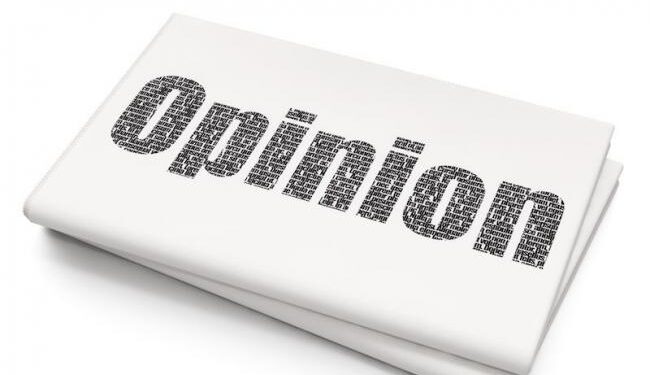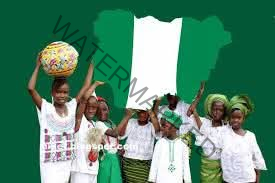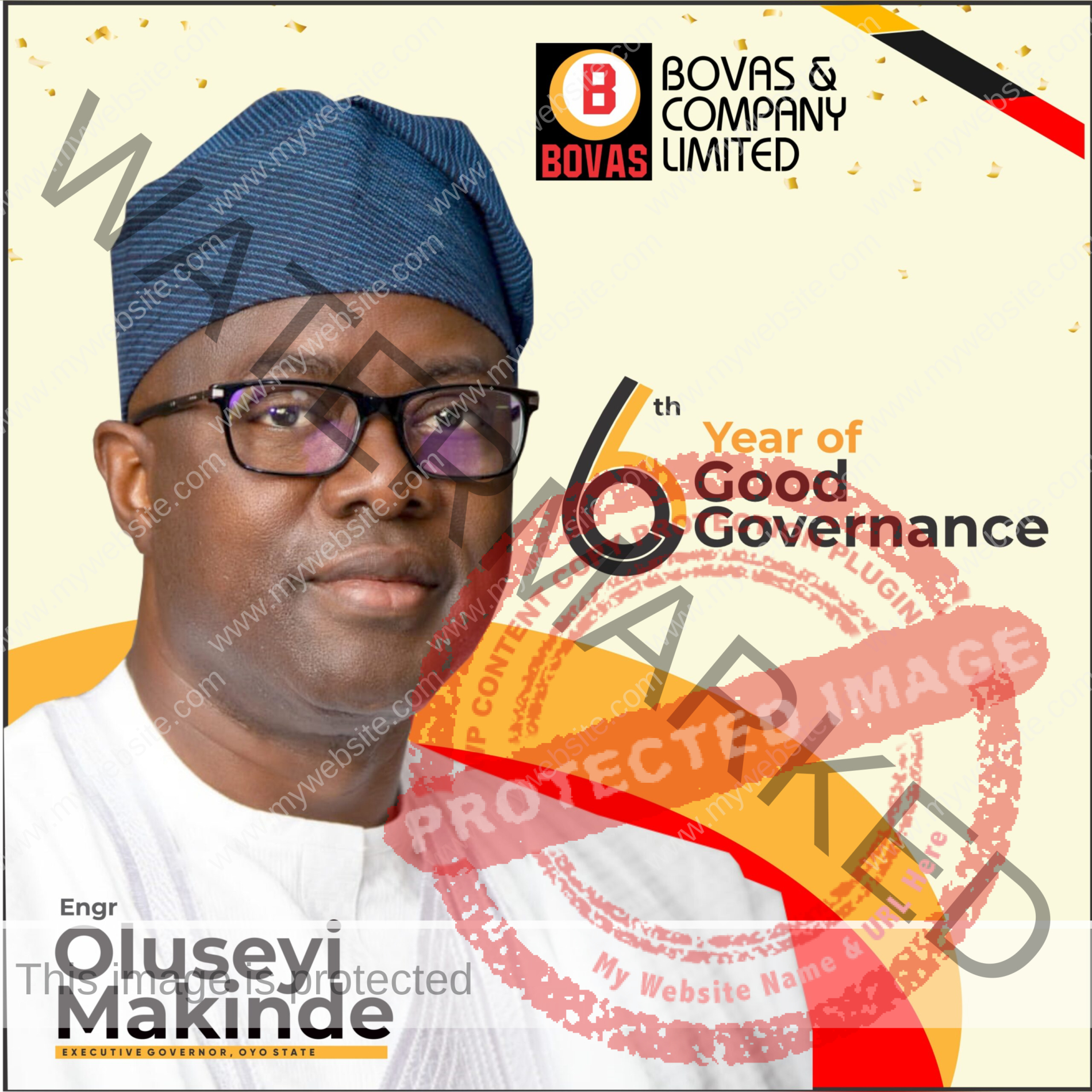

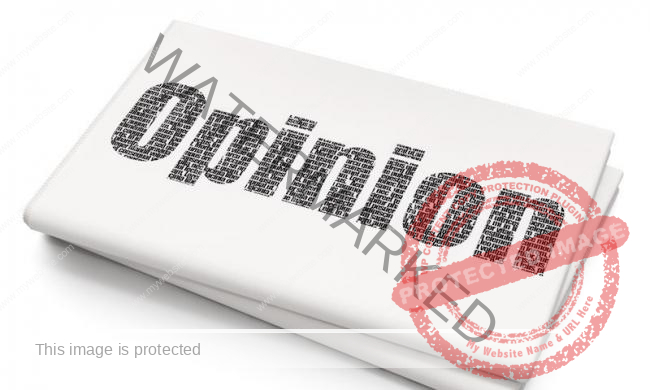
It’s understandable if you have not paid attention. I can’t help noticing because minding other people’s business is a part of my job description. On Tuesday, the newspapers reported a spat between the children of two leading politicians, Mohammed Abubakar and Shamsudeen Bala Mohammed.
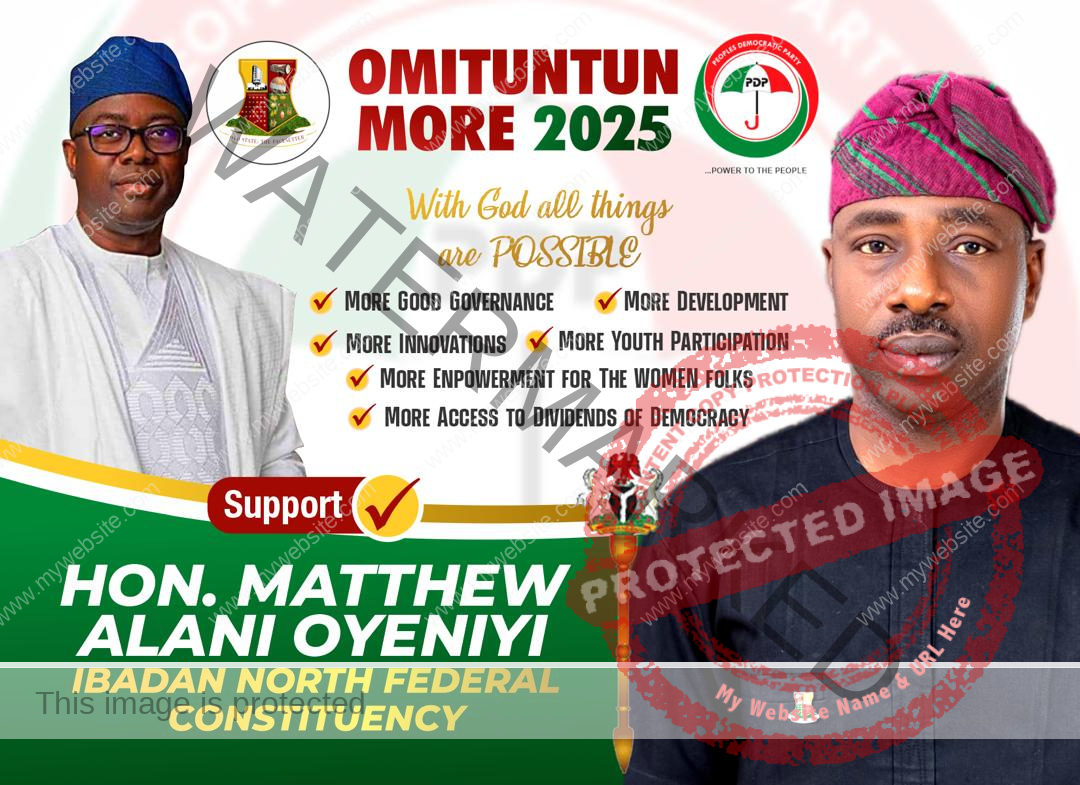
Mohammed and Shamsudeen are the children of Atiku and Bala. Atiku was Nigeria’s vice president, and Bala is the Bauchi State governor and chairman of the People’s Democratic Party (PDP) Governors’ Forum.
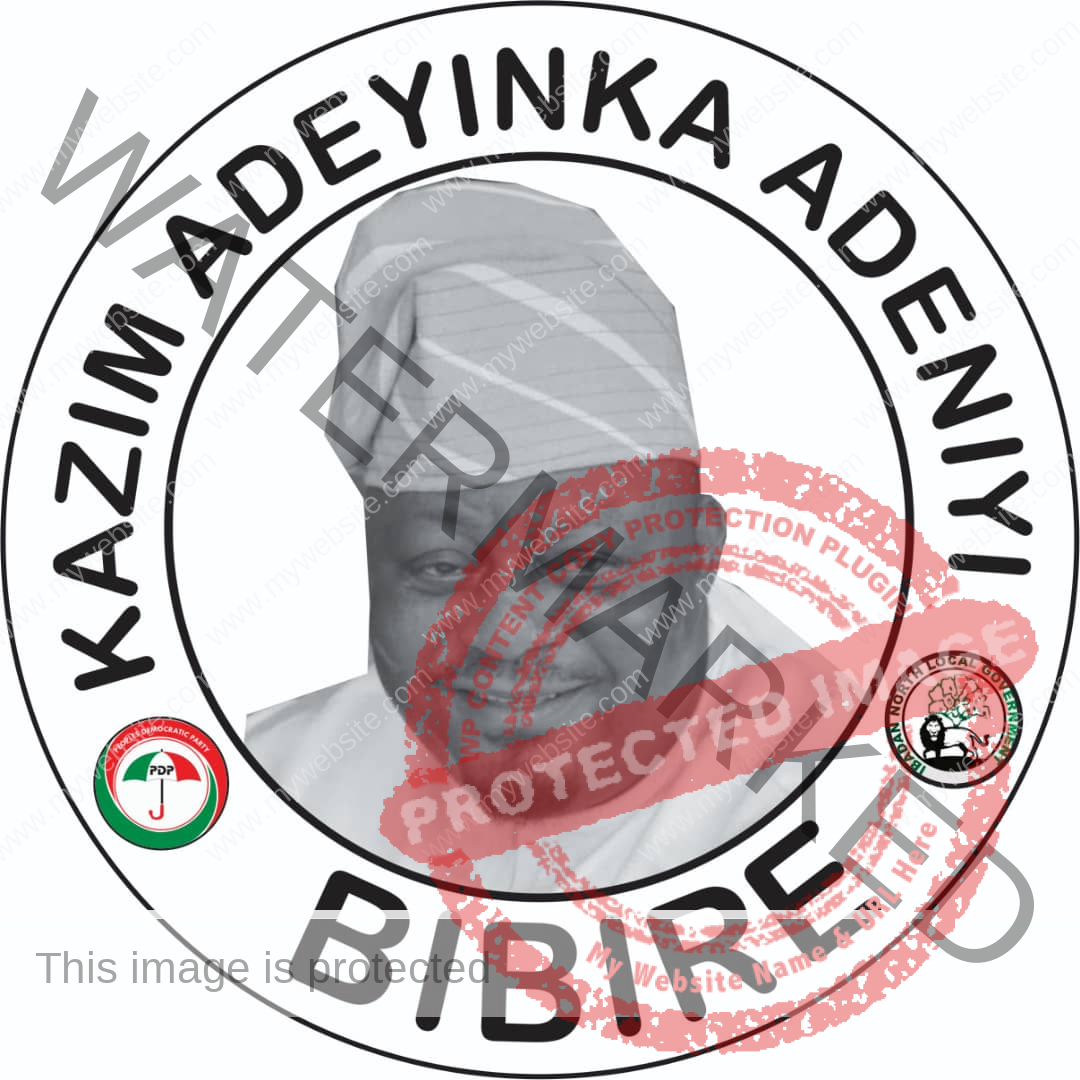
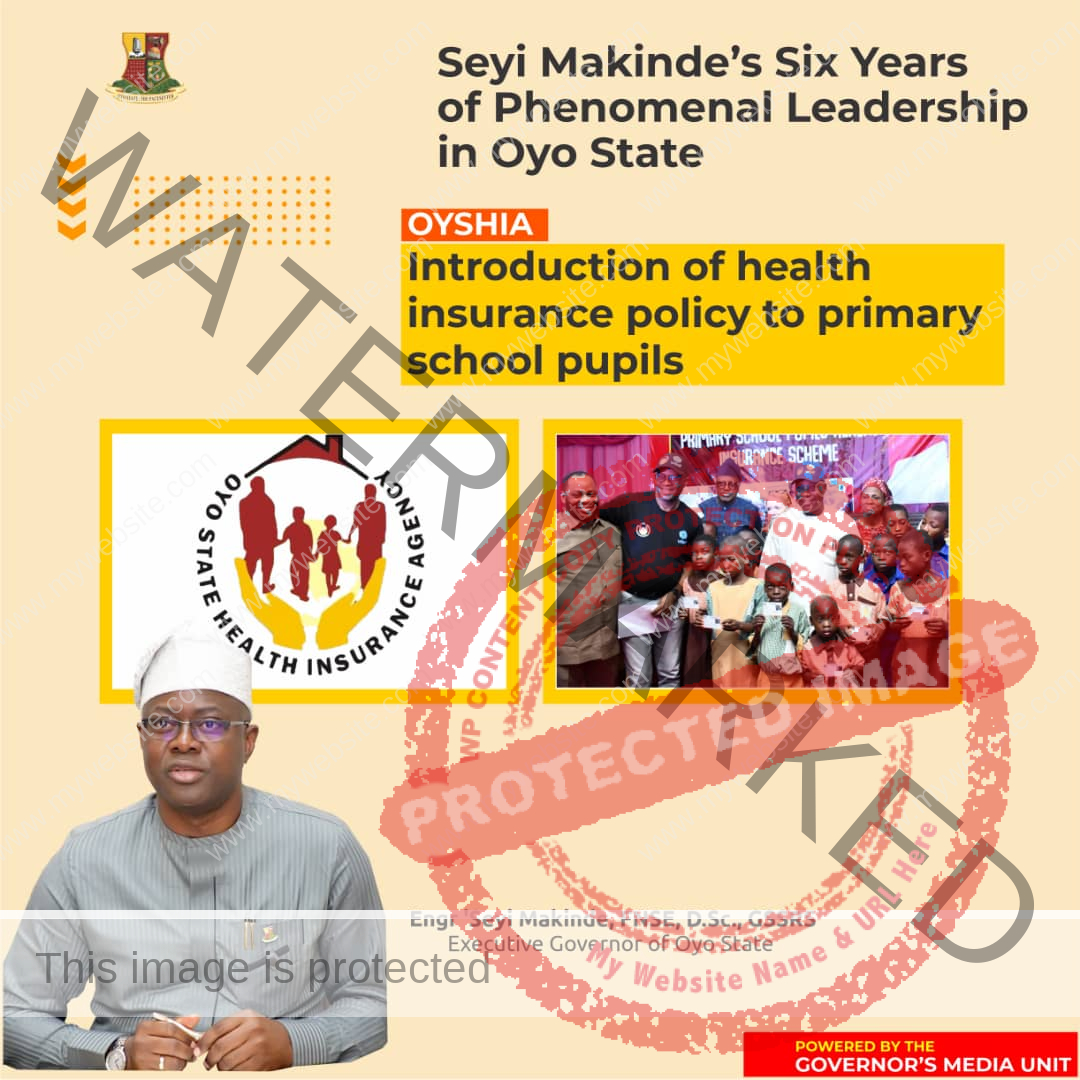
Both are ranking members of the main opposition, PDP, a party making as much effort to find its way as it is desperate to lose it. The tweetstorm between the children of these leaders has only piled on the party’s misery, and what lies ahead doesn’t look pretty, especially after the PDP governors’ meeting in Ibadan.
Back story
The fight between both sons is the political equivalent in the music industry of the bitter sibling rivalry between Peter and Jude Okoye, siblings now dragging themselves publicly over royalty from their once famous band, P-Square. If PDP had any royalty left, it squandered it on the insatiable appetite of its leaders, who have eaten the present and future of the party.
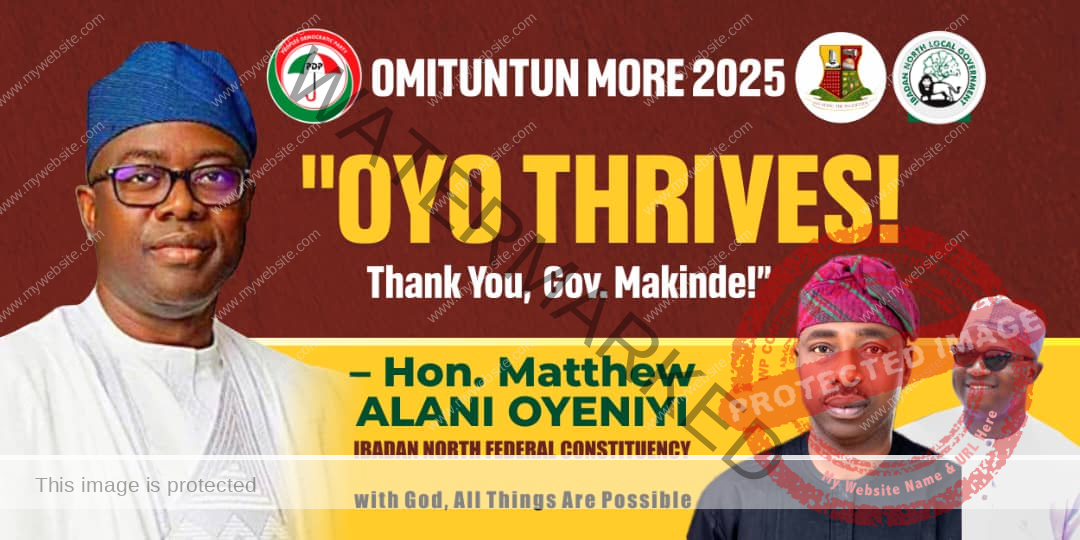
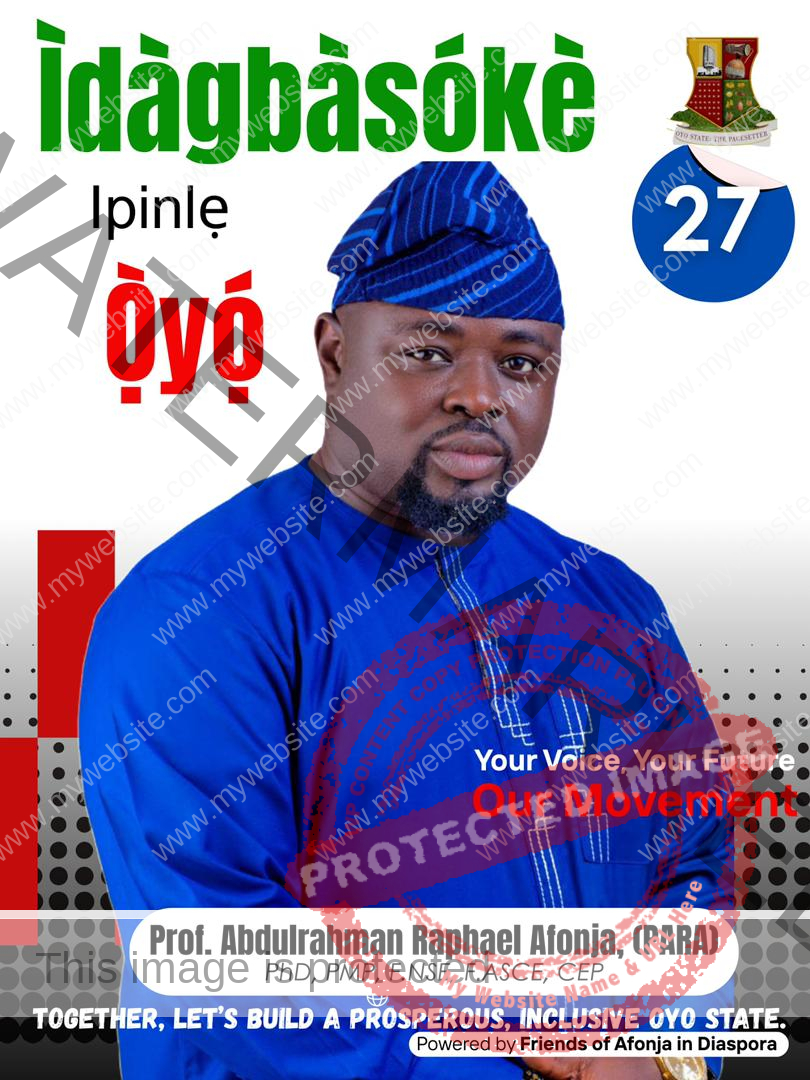
Atiku’s son is accusing Governor Mohammed of stabbing his father in the back when he ran for the presidency in 2023. The governor’s son responded that nobody plays as dirty as Atiku, whom he accused of undermining his father’s bid for a second term in Bauchi.
The tweet rage has sparked discussions about how far the children of politicians in power should go to fight publicly for or against their parents’ political interests and whether or not such brawls hinder or help their parents’ political fortunes.
In another life, it would have been considered poor breeding for teenagers or young adults to insert themselves in a fight between adults.
For example, despite the fight-to-the-finish between MKO Abiola and military president General Ibrahim Babangida, who cancelled the 1993 presidential election won by Abiola, their children stayed mainly out of the fray. The equivalence of social media has changed all that.
Born to rage
The pervasiveness of social media and its popularity, especially among teenagers and young adults, has increased the sense of agency among these groups and amplified their voices, however strident and deeply worrying they may get sometimes.
From the blogger and daughter of the famous Ibadan politician Kemi Olunloyo, who recently declared on her blog that she would have nothing to do with her family again after her father died, to Bashir, an unabashedly vile tweep and the son of former Kaduna State Governor Nasir El-Rufai, there is an emerging activism among the children of politicians. It’s a cross between rebellion and the search for identity or the process of becoming.
The more you look
Does it make sense? Is it always an indication of parental values or a measure of the family’s stand on political issues? Neither Atiku Abubakar nor Bala Mohammed has weighed in yet. Even though their children’s public fight feels like a scene from “Sons of the Caliphate”, nothing they said was false. Perhaps, it was how and the speed of the venom that raised eyebrows.
Before the 2023 elections, when Atiku’s protégé and prominent traditional titleholder in Bauchi, Bello Kirfi, fell out with Bala, the latter (with former Speaker Yakubu Dogara) openly worked against Bala’s reelection. During the presidential primaries in Abuja, Bala ran against Atiku.
The proxy war between Atiku’s man, Kirfi, and Bala almost cost the governor his reelection, an offence the governor will not forgive. He was saved by the skin of his teeth and the support of former Rivers State Governor Nyesom Wike and the G5, after which Mohammed stripped Kirfi of his traditional title.
Rise of social media
Older adults who are used to nuanced, conservative methods of airing their grievances may be embarrassed, even offended, by the tweet brawl between Mohammed and Shamsudeen. Still, in the last two decades, we have seen that social media, the playground for teenagers and young adults, has also become a legitimate sphere of politics – and in the current Trumpoverse, it’s even a tool of diplomacy, thanks to US President Donald Trump.
But should blog posts, often typically lacking in depth and context, become the measure of what is truly important and enduring? Do they represent more than what they are – random outbursts of fleeting thoughts from entitled or angry tribes? Or do they teach us something we need to pay attention to?
Price of feuds
Some years ago, Bobby Goodlatte took a stand on Twitter against his father, Bob, a Republican, whom he accused of “political grandstanding” that led to the sacking of an FBI agent Bobby described as “a patriot.” For that reason, he sided with a Democrat running against his father and used social media to mobilise votes for him.
We don’t even need to go far. In 2017, Moremi, daughter of Babafemi Ojudu, the former Special Adviser (Political Matters) to President Muhammadu Buhari, attacked the government, her father’s employer. Although she later apologised to her father, her action raised questions about who she was speaking for. Yet everyone knows it’s a generation that wears its emotions on its sleeve.
Who pays?
Seyi, son of President Bola Ahmed Tinubu, who uses the handle @STinubu, last tweeted in May 2023. But his activities offline, which invariably become rich social media harvests, have generated no less interest than that of the more social-media active children of other politicians. Do these children’s actions, especially online, carry any significant political risk for their parents?
The answer is, sometimes. A 2020 media psychology study said, “When people believe they are not alone in their cause, it encourages them to take action. For the children of well-known or newsworthy parents in the contentious political arena, their actions also become newsworthy by virtue of proximity to their parents and the unceasing demand for news content that will attract audience attention.”
The potential impact of such feuds could range from damage to political image to loss of credibility arising from a perception of lack of parental authority and a house divided against itself.
High-profile family disputes or squabbles amongst the children of political heavyweights can amplify the controversy and undermine the politician’s agenda. An example is the spectacular case of Bukola and Gbemisola in the Saraki dynasty. In cases where such children are viewed as potential successors, it could haunt them and fracture support.
“Sins” of the children
Even when children are old enough to answer their own names, in largely conservative societies, the “sins” of the children may weigh heavily on how their parents are perceived.
The tweet by Bashir El-Rufai, for example, that the killings in Southern Kaduna would continue until the attacks on Fulani herdsmen ceased was considered inflammatory and insensitive. It was also deemed a reflection of his father’s politics as governor for eight years.
Seyi Tinubu’s offline comment that his father is the greatest president in Nigeria’s history raised a firestorm on social media. Whatever the cost of his comment, he is unlikely to be deterred, and his actions will continue to enrich social media content in the days ahead.
As we move closer to 2027, the actions of the children of newsworthy politicians will be a valuable lens by which we try to view and understand the political space. We’ll wait to see how much this currency will shape the future.
Ishiekwene is Editor-in-Chief of LEADERSHIP and author of the book Writing for Media and Monetising It.

